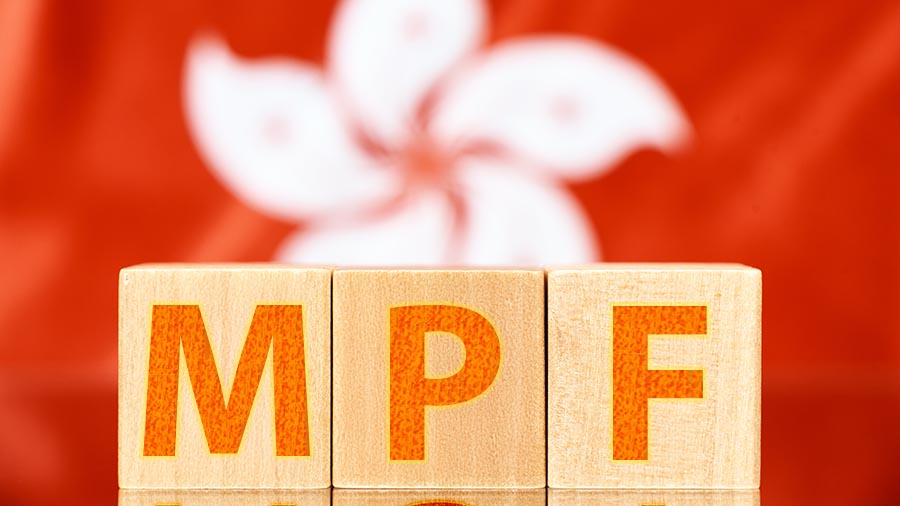China Releases Announcement on VAT Collection in Beijing and Other Regions
Aug. 30 – China’s State Administration of Taxation (SAT) released the “Announcement of the SAT on Issues Related to the Tax Collection under the Business Tax (BT) to Value-Added Tax (VAT) Pilot Conversion in Beijing and Seven Other Provinces and Cities in China (Announcement [2012] No.42, hereinafter referred to as the ‘Announcement’),” on August 24, aiming to guarantee the smooth implementation of pilot projects.
For the purpose of the Announcement, the date of implementation of pilot projects refers to the completion date of conversion from the old tax system to the new tax system stated in the “Notice of the Ministry of Finance and State Administration of Taxation on Commencing the BT to VAT Pilot Conversion in the Transportation and Certain Modern Services Industries in Beijing and Seven Other Provinces and Cities (caishui [2012] No.71).” The key information of the Announcement can be found below.
Use of invoices in pilot areas
From the date of implementation of pilot project (hereinafter referred to as the “implementation date”), VAT general taxpayers engaged in the taxable activities subject to VAT shall use special VAT invoices and ordinary VAT invoices on a unified basis. VAT general taxpayers providing freight transportation services shall use special VAT invoices for freight transportation and ordinary VAT invoices on a unified basis.
Small-scale taxpayers proving freight transportation services may apply to the competent tax authorities for issuance of special invoices on freight transportation if the service recipients request such invoices.
From the implementation date, taxpayers in the pilot regions shall not issue uniform invoices for road/inland water freight transportation.
General taxpayers providing port and dock services, freight and passenger terminal services, loading/unloading and handling services, and passenger transport services may choose to use fixed ordinary invoices.
General taxpayers in pilot regions engaging in international freight forwarding agency businesses shall use six-copy special VAT invoices or five-copy ordinary VAT invoices.
Where the taxpayers have provided taxable services for which VAT is levied in replace of BT prior to the implementation of the pilot projects and invoices have already been issued, the taxpayers shall issue red-letter ordinary invoices instead of red-letter special invoices if the services are terminated, a discount is made on the services, or there is any error in the invoices, but the invoices are disqualified for becoming invalid.
Issues concerning the use of the tax control system
Newly-identified taxpayers in the pilot regions shall use the anti-forgery tax control system for VAT. General taxpayers providing freight transportation services shall use the tax control system for special VAT invoices for freight transportation.
From the implementation date, small-scale taxpayers in Beijing may use golden tax disks or tax control disks for issuing invoices, and tax declaration disks for purchasing and collecting invoices and filing tax returns.
Issuance of special invoices for freight transportation
General taxpayers shall use special invoices for freight transportation for their taxable freight transportation services, and shall not use such invoices for other taxable services, tax exempted services, or other taxable services not subject to VAT.
Administration of special invoices for freight transportation
Special invoices for freight transportation will not be included under the rapid response mechanism for invoices out of control for the time being.
The verification and investigation of abnormal special invoices for freight transportation shall be conducted in accordance with the relevant regulations on uniform invoices for road/inland water freight transportation for the time being.
For further details or to contact the firm, please email china@dezshira.com, visit www.dezshira.com, or download the company brochure.
You can stay up to date with the latest business and investment trends across China by subscribing to The China Advantage, our complimentary update service featuring news, commentary, guides, and multimedia resources.
Related Reading
 Value-Added Tax Reform
Value-Added Tax Reform
VAT reform is a confusing transition for many and introduces a number of additional questions, such as exactly what types of input VAT are now deductible. Confusion about the new laws may also allow opportunistic companies to charge higher prices and blame the increase on the tax reform. To add some clarity to the issue – and VAT in general – this issue of China Briefing takes a look at a number of VAT-related questions.
VAT General Taxpayer Status: How and Why
VAT Pilot Reform to be Implemented in Beijing and Other Regions from September
Six Key Points Regarding China’s Tax Reforms in 2012
VAT Reform Rates by Service Type
Foreign-Trade Enterprises Can Still Apply for Input VAT Credit Certificates
Ten Cities and Provinces Apply to Participate in VAT Reform Pilot Scheme
VAT Pilot Reform in Beijing and Other Regions: General Taxpayer Recognition
- Previous Article China Releases Circular on Cultivating Intellectual Property Rights Utilization
- Next Article China Releases Scheme to Support Micro and Small-Sized Enterprises




























